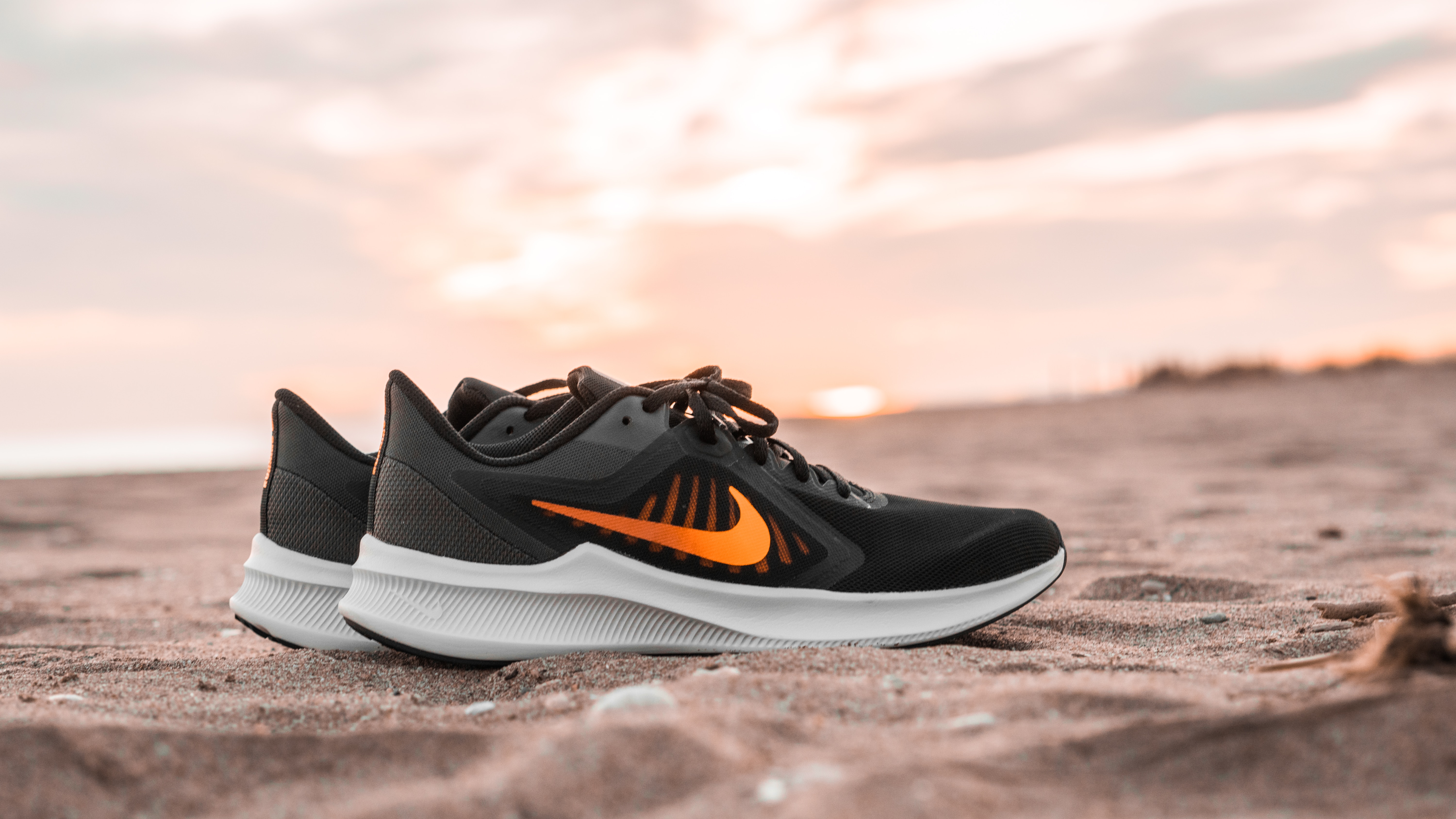Why and How Does Nike Implement Influencer Marketing?
Why and How Does Nike Implement Influencer Marketing?

I have a friend. I think he is on my email list so he might be reading this right now. He’s one of the most interesting and amazing humans I’ve ever met. One way we connected is through running. He runs. He runs a lot. In fact, he has created multiple running groups all over Orange County and continues to inspire people to stay healthy, stay happy, and run. A group of us out of curiosity looked up his running history on a Nike account – I was shocked by the miles he’s logged over the years. This was about 10 years ago, and he has exceeded the miles equivalent to the circumference of the earth. That’s 24,901 miles.
I wasn’t surprised when he became Nike’s Brand Ambassador. They had posters of him running all over the local Nike stores and he participated in different events promoting their shoes, apparel, and most of all, their lifestyle.
So, how do you become a Nike brand ambassador? You must first live and breathe the company’s core values. Athleticism, competitiveness, risk-taking, and tenacity are at the heart of Nike.
The question is, why does a powerhouse like Nike need someone like my friend to help represent their brand? I mean, don’t they have millions and billions of marketing dollars and top famous athletes all over the world that are representing them already? Why a local, unknown hero? Here are some strategic reasons:
Authenticity and Relatability: Local influencers often have a more authentic and relatable connection with their followers. They are seen as “real” people who have genuine experiences and interests in the local community. This authenticity can resonate with consumers who value genuine connections over celebrity endorsements.
Alignment with Core Values: Nike has a strong brand identity built around values like athleticism, diversity, and social justice. Working with local influencers who share these values and actively promote them in their communities can help reinforce and amplify Nike’s commitment to these principles.
Targeted Audience: Local influencers can have a niche and engaged audience within a specific geographic area or demographic. This can be particularly useful for Nike when they want to target a specific market or demographic group that may not be effectively reached by a globally famous celebrity.
Cultural Sensitivity: Local influencers are likely to have a deep understanding of their local culture and community. This is crucial for avoiding cultural missteps and ensuring that marketing campaigns resonate positively with the target audience.
Long-term Relationships: Local influencers may be more open to forming long-term partnerships with Nike, providing consistency in brand representation over time. In contrast, celebrity endorsements may be short-lived or dependent on the person’s fluctuating popularity.
Grassroots Marketing: Working with local influencers can help Nike tap into grassroots marketing efforts. These influencers may have strong ties to local sports teams, events, or organizations, allowing Nike to establish a more authentic presence within the community.
Building trust is a crucial element in today’s digital landscape, and customers are more likely to engage with brands that they feel understand their specific needs and values. By aligning with influencers who share your company’s core mission and have a real connection with their audience, you can amplify your brand’s message in a more meaningful and personal way. This approach not only helps strengthen your brand’s identity but also deepens customer loyalty, ensuring long-term success.
In a similar way, effective digital marketing strategies, such as SEO, play a pivotal role in building your brand’s presence online. Optimizing your website for search engines ensures that your business can be found by the right audience, at the right time. This is where companies like Dental SEO Experts come in, offering tailored SEO strategies that enhance your website’s visibility. By using targeted keywords, improving site structure, and creating valuable content, SEO ensures that your brand resonates with local and global audiences alike.
Just as Nike taps into local influencers for authentic engagement, businesses can harness the power of SEO to attract the right customers and grow their online presence. With the right strategy in place, your business can enjoy the benefits of increased visibility, improved customer engagement, and sustained growth.
So then, how do we, as a non-powerhouse small business with a limited budget implement this strategy into our own influencer marketing? Great question!
- Identify Your Target Audience: Begin by understanding your target audience. Who are your ideal customers, and what are their interests and preferences? Knowing your audience will help you find influencers who can connect with them authentically.
- Define Your Core Values: Determine the core values and principles that your business represents. This will guide you in finding influencers who align with these values.
- Research Local Influencers: Look for local influencers in your area or within your target market. You can use social media platforms, influencer marketing platforms, or simply conduct online searches to find potential candidates.
- Assess Authenticity and Engagement: Evaluate the authenticity and engagement of potential influencers. Check their follower count, but also look at their engagement metrics (likes, comments, shares) to ensure they have an active and engaged audience.
- Reach Out and Build Relationships: Reach out to selected influencers with a personalized message. Express your interest in collaborating and explain how your business aligns with their interests and values. Building a genuine relationship is key.
- Collaborate on Content: Work with influencers to create content that showcases your products or services in an authentic way. Allow them creative freedom to present your offerings in a manner that suits their style and resonates with their audience.
The word I keep coming back to is “grassroots.” It’s funny, I have no idea how the roots of grass came to define an effort that starts small and local but ultimately builds momentum because of the authenticity and trust at the core of it, but I do know: that’s what I want for your business! Take some time to think about people in your context who might be the best ambassadors to represent your company – it could be the beginning of a movement.
I’ll be ready to address some more strategy questions for influencer marketing next week, but for now: be like Nike – just do it!




Leave a Comment